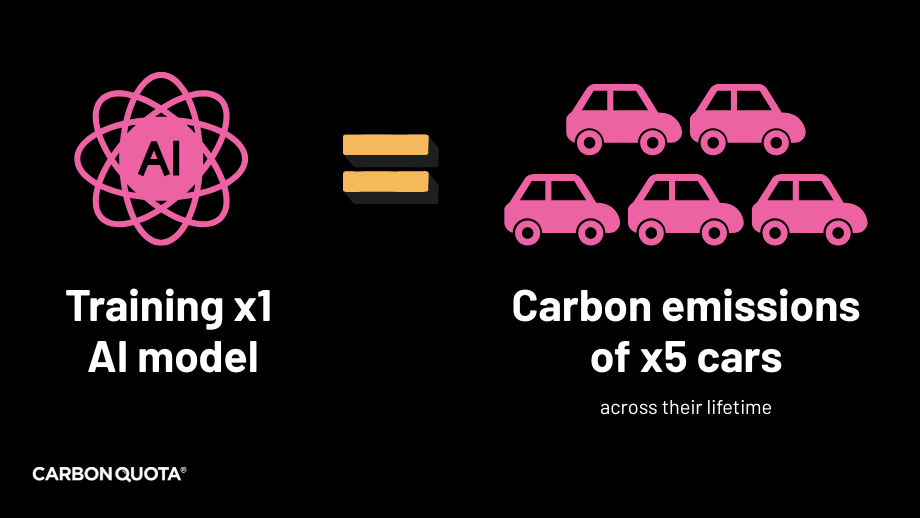Discover the Financial Upside of Net-Zero
As we enter 2024, our Chairman, Guy Strafford, deep dives into a shift in narrative that could drastically accelerate de-carbonisation goals for organisations.
In global efforts to achieve Net-Zero, much political and business discourse focuses on the costs rather than the opportunities.
As Chairman of CarbonQuota and co-founder of a procurement consultancy that advised some of the world’s largest corporations, I have seen the challenges faced by complex businesses as they grapple with their extensive supply chains. The key insight (to no one’s surprise) is that the more the company knows about a supply chain, the better it can run it.
Recent disruptions such as the COVID-19 pandemic, trade wars, and the Suez Canal blockage have made it necessary for corporations to acquire comprehensive data from suppliers, leading to unexpected revelations.
This shift towards more coherent supply chain transparency has created opportunities for businesses to reduce waste, optimise processes, and make smarter procurement decisions. In addition to reporting optimisation and cost saving, this newfound transparency in the supply chain creates a strategic advantage in managing supply risks and resilience effectively.
Now, there is also emerging a new wave of carbon emissions data available, overwhelmingly coming from suppliers, which can provide not only de-carbonisation opportunities but also financial gains.
We know that for large corporations, the majority of greenhouse emissions stem from suppliers. Emissions reporting requires sourced data to come directly from the supplier’s operations. Much of this data is now being shared for the first time. This transparency presents both corporations and suppliers with the opportunity to reduce demand, change specifications, and gain an understanding of the practical logistics behind how goods move. In turn, both parties now have the knowledge to reduce their carbon footprint and save costs.
By focusing on reducing the first third or so of company emissions, – the low-hanging fruit – the carbon reduction benefits can already begin to facilitate cost reduction. This is the start.
What comes next is the hard stuff. Diving further into your supply chain will uncover more complexity and require significant capital investment. However, even in this instance, much of the spend can be recouped. McKinsey have calculated that producing low carbon or zero carbon products – which can often be priced higher – and making smart decisions on cost reduction can cover up to 85% of emission reduction costs without compromising profits.
It’s time for political discourse to move beyond focusing on the costs associated with achieving Net-Zero. This creates a barrier to entry which halts crucial carbon reduction and obscures the potential for a strategic and financially viable approach to Net-Zero.
By tapping into emerging data transparency in supply chains, businesses can improve compliance and benefit from economic opportunities whilst de-carbonising. This crucial shift signifies that the human upside of Net-Zero no longer competes with the financial upside. As we navigate the complexities of climate change, embracing the quick wins and necessary long-term investments is crucial for a de-carbonised and thriving global economy.



